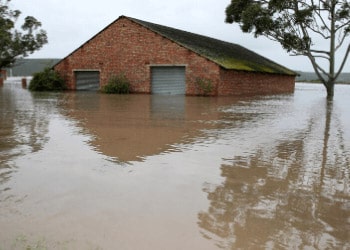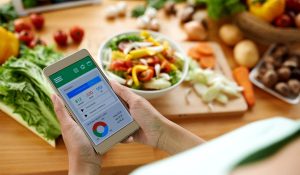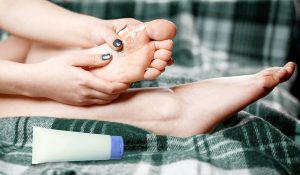
Diabetes Survival Guide
Hurricanes, flooding, earthquakes, forest fires, tornadoes, derechos, polar vortexes… No matter the disaster, you should always be prepared, especially when it comes to your diabetes.
Diabetes Emergency Kit
Choose a waterproof, inflammable bag or container that can fit…
- Extra meds and supplies, including empty sharps containers, extra batteries for electronic devices, and cooler packs for your insulin
- A paper with all your medical info on it, such as your A1C, type of diabetes, med list, etc. You can easily do this by printing off your Visit Optimizer on your Iowa Diabetes Portal!
- Sugary snacks to treat low blood sugar
- Non-perishable foods, such as beans, crackers, soup, peanut butter, canned tuna, dried fruits, and more
- Emergency cash, in case ATMs are not available
- Anything else you may need, such as a flashlight, first aid kit, and cell phone charger
Important Reminders
Prevention
- Have your diabetes emergency kit prepped and ready to go
- Stock up on clean drinking water
- Wear your medical ID or medical alert bracelet
- Grab your emergency kit and keep it with you at all times
- Don’t hesitate to use expired insulin in emergencies. Expired insulin is better than no insulin!
- Get to safe shelter as soon as possible. Some shelters even have special areas for people with diabetes and other conditions.
- In the case of diabetes supplies shortages, inform your doctor/pharmacy to call the emergency diabetes hotline at 1-314-INSULIN
- If you lost power, throw out any susceptible foods that were in your fridge, such as meat, cheese, dairy, eggs, and fresh, cut fruit and vegetables
- Re-stock your diabetes emergency kit with anything you used during the disaster
Additional Resources
- Download your Diabetes Emergency Plan (in English or Spanish) from MyDiabetesEmergencyPlan.com
- Check Out the Patient Preparedness Plan from the Diabetes Disaster Response Coalition
- Learn more about managing your diabetes in specific natural disasters from the Center for Disease Control and Prevention (CDC)
- Remember these important tips from the ADA on caring for people with diabetes in emergency situations
- Review food safety advice during power outages from FoodSafety.gov
Are you currently in an emergency situation? Call 9-1-1 immediately. If you need medical advice, consult your doctor.Summary
Being prepared for the worst could end up saving your life! Have an emergency kit ready, know the resources available to you, and always reach out for help when you need it.
Disclaimer Statement: This is for educational purposes only and not intended as medical advice. For individual medical advice, contact your healthcare practitioner.






Sоme оf us think holding on mаkеs us strong, but sometimes it is letting gо.